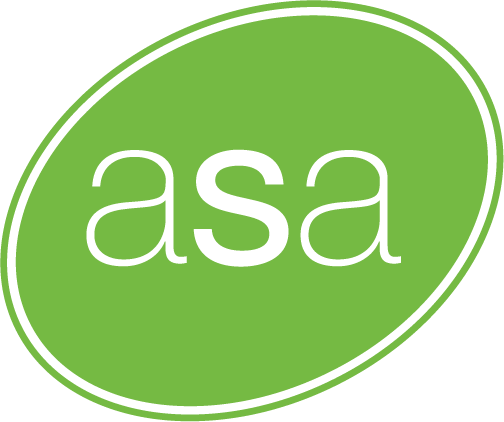Tuesday, 15 April 2025
Tasmania Advances National Code of Conduct for Health Care Workers
The ASA Policy and Advocacy team recently commented on Tasmania’s progress in implementing the National Code of Conduct for Health Care Workers, which applies to sonographers, sonography students, and registered professionals (e.g., radiographers) working outside their professional scope. Tasmania is one of the last states and territories to implement the scheme.
In our response to the Tasmanian Government, we recommended:
-
Explicitly listing sonographers in the definition of health services, as other Allied Health professions are.
-
Progressing the National Database of prohibition orders to prevent ‘jurisdiction shopping’ and considering inclusion of penalty orders from NDIS and aged care systems.
-
An independent review of the scheme, as promised by Health Ministers.
ASA Response to the Tasmanian Code of Conduct for Health Care Workers
Background and Impact
While most health practitioners operate safely and ethically, a small number pose serious risks, potentially undermining public trust. Many Australian health professions, including some in Allied Health, are regulated under the National Registration and Accreditation Scheme (NRAS). For instance, about 25% of ASA members are also registered radiographers under the Medical Radiation Practice Board, ensuring national standards and enforcement measures like prohibition orders.
However, most sonographers are not yet covered by the NRAS, and the ASA continues to advocate for the consistent regulation of all sonographers alongside radiographers, similar to the approach in New Zealand. We expect to see some developments on regulation later in the year with the next phase of the NRAS Complexity Review, and we will keep members posted on progress on this important issue.
In the meantime, the National Code remains an essential mechanism for the sonography profession to address professional misconduct and protect the public, as it provides genuine pathways for complaints, and gives Health Complaints Commissioners (or the equivalent) in each state and territory the power to investigate, and prohibit or limit practice.
Still to Come – National Database for Code Violations
A National Database of prohibition orders will be crucial for the Code’s effectiveness to ensure transparency for employers and patients, preventing unsafe practitioners from relocating to evade scrutiny. Ministers agreed to a National Database ten years ago but it has not yet been implemented. The ASA will continue to advocate for this vital part of the scheme.
The original COAG Final Report outlines the key features of the National Code agreed to by Health Ministers in 2015.
COAG Final Report - A National Code of Conduct for Health Care Workers
